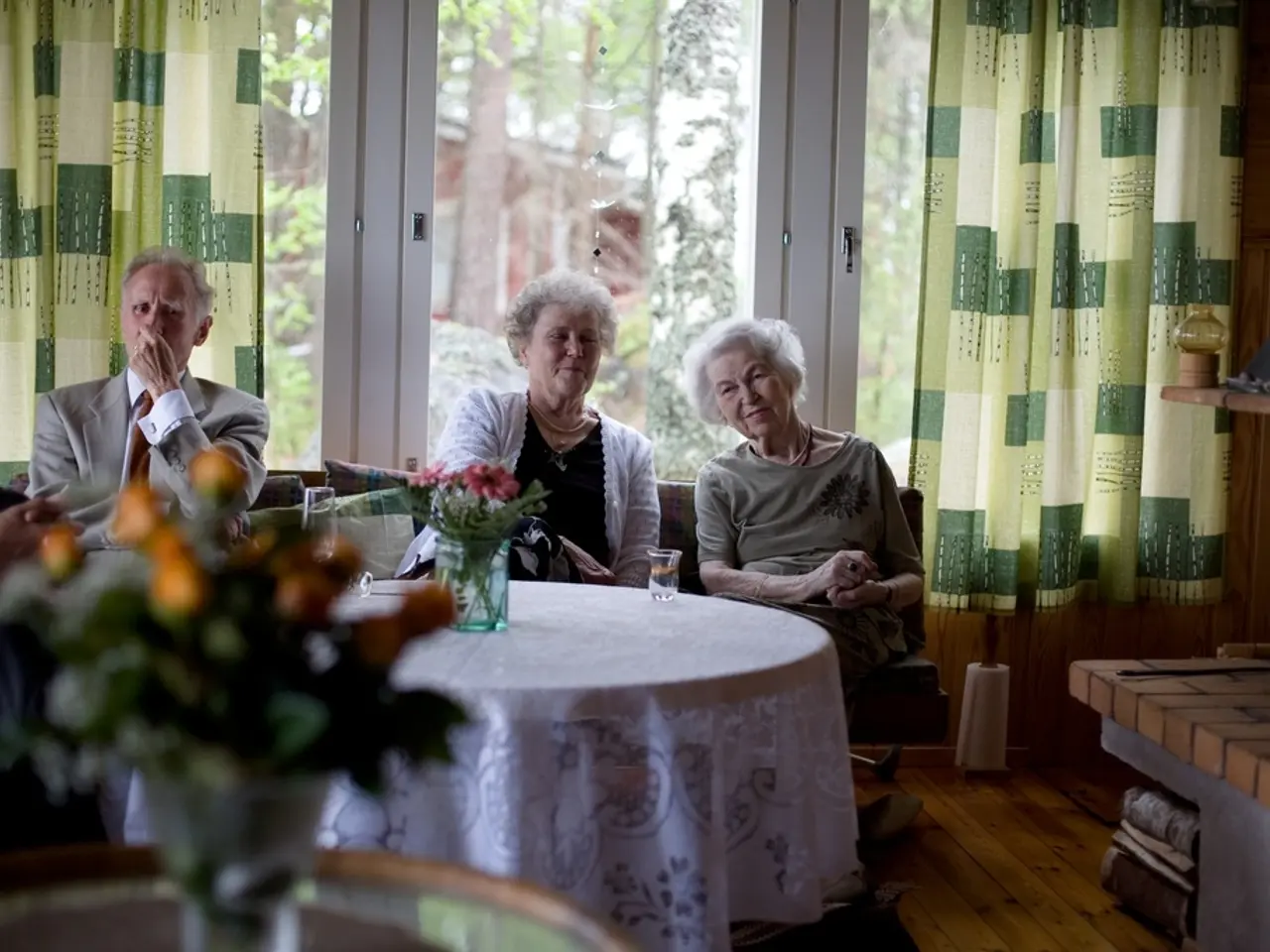Reduction of the UK voting age to 16 looking uncertain for upcoming Northern Irish elections
In a significant move towards expanding democratic rights, the UK government has announced plans to lower the voting age to 16 for all UK elections, including those in Northern Ireland. This change, however, may not be implemented in time for the 2027 Northern Ireland Assembly and Council elections, according to recent statements from the UK Electoral Commission.
The UK government's intentions to lower the voting age were met with support from Northern Ireland's First Minister, Michelle O'Neill, who has urged British Prime Minister Keir Starmer to ensure that 16- and 17-year-olds can vote in the 2027 Northern Ireland Assembly and Council elections. However, a spokesperson for the UK Ministry of Housing, Communities and Local Government has indicated that the legislation to lower the voting age is expected to be enacted *before the next UK general election in 2029*, but **not in time for the 2027 Stormont elections**.
This decision has led to a mixed reaction among political parties in Northern Ireland. Sinn Fein, the SDLP, and Alliance have called for the law-change to be extended to Northern Ireland before the next Assembly and council elections in two years. On the other hand, the Democratic Unionist Party is opposed to the decision, with MLA Brian Kingston arguing that the prime minister's rationale for this move is essentially a "no taxation without representation" argument.
The Ulster Unionist Party has welcomed the plan, but suggested it should be accompanied by changes in the education system. Sian Mulholland, Alliance North Antrim MLA, has stated that her party argues that the upper age limit for voting is a "major democratic deficit" in Northern Ireland and has called for urgent clarification that it will be a priority to see this implemented in time for the next NI Assembly election in 2027.
Michelle O'Neill, Stormont First Minister, has hailed this change as a "step forward for democracy," believing that it will enable young people to have a say in their future. Claire Hanna, SDLP leader, echoes this sentiment, believing that voting rights should be changed at all levels and extended to voting for the Assembly and local councils.
The UK government's Elections Bill also includes plans to change forms of voter ID and tighten rules on political donations to protect against foreign interference. As the debate on lowering the voting age continues, it remains to be seen whether the UK government will manage to implement this change in time for the 2027 Northern Ireland elections.
| Election | Voting Age Lowering Applied? | |----------------------------|----------------------------------| | Northern Ireland Assembly and Council Elections 2027 | Unlikely, legislation expected post-2027 | | UK General Election 2029 | Expected to be applied |
[1] BBC News, "UK voting age to be lowered to 16, government confirms", 2022 [2] Belfast Telegraph, "Michelle O'Neill urges Keir Starmer to extend voting age to 16 for Northern Ireland elections", 2022 [5] The Guardian, "UK government to lower voting age to 16 for all elections", 2022
The proposed change in the UK's voting age policy-and-legislation has sparked debates within Northern Ireland's political landscape, with some parties advocating for the new rule to be applied in the 2027 Northern Ireland Assembly and Council elections. Meanwhile, the UK government's Elections Bill also encompasses changes in voter ID and political donation regulations, aiming to protect against foreign interference. (politics, general-news)
In light of the UK government's intentions to enact the lower voting age legislation before the next UK general election in 2029, stakeholders have urged for clarification and urgency, particularly regarding the 2027 Northern Ireland Assembly election. (policy-and-legislation)








